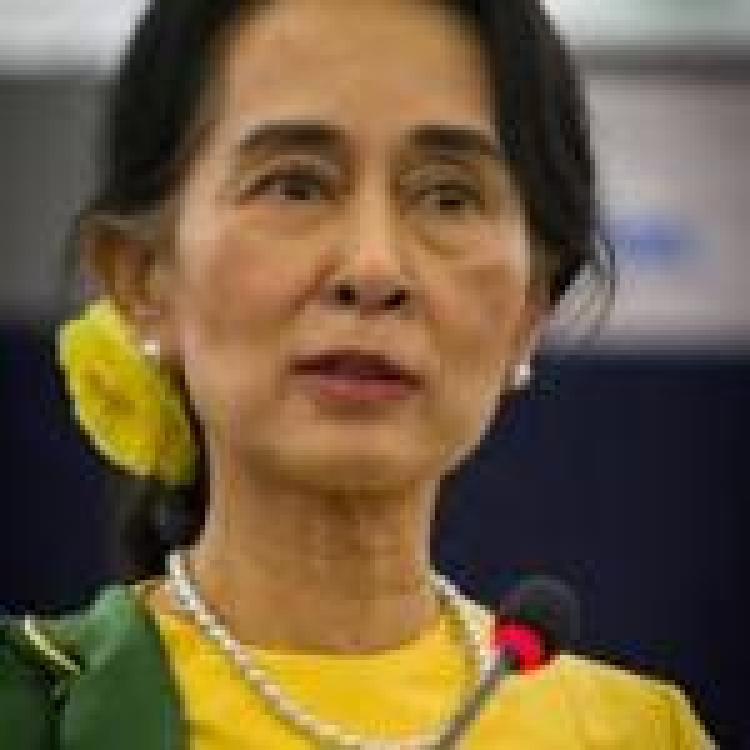![]()
Myanmar’s parliament vetoed constitutional amendments proposed by Aung San Suu Kyi to reduce the influence of Myanmar’s military in politics.
The proposed amendment would gradually reduce the number of military MPs across a period of 15 years as well as removing part of the constitution which names the military commander-in-chief as the “supreme commander of all armed forces”.
Aung Suu Kyi has faced increasing pressure from the international community following a brutal military crackdown on the Rohingya community which lead to accusations of genocide at the International Court of Justice. In 2016 she won a landmark election under the promise to democratise Myanmar which began in 2011 following the end of the nation’s civil war.
Myanmar’s current constitution was drafted by the former ruling military junta in 2008, where they enshrined measures to maintain their control. According to the constitution, a quarter of all seats in the legislature must be held by military members. Any amendments to the constitution require a vote of over three-quarters of lawmakers, this enables the military an effective veto.
Whilst voting will continue until the 20 March, Reuters notes that the military veto is unlikely to pass.
Read more from Reuters.



